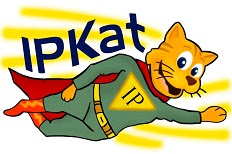From Stephany Soto, Clarke Modet & Co we hear of a Plan for Technology Transfer (TT)in Peru. The plan is taken effect from 2016 to 2021 and the aim is to promote technological development in the country. This plan is to contribute to the existing one called ‘National Plan for Science, Technology and Innovation for Competitiveness and Human Development (PNCTI 2006-2021)’.
 |
| Webinar available at Latin America IPR SME Helpdesk |
In this line, the State intention is to organise “technology meetings, technology fairs and other events to create networking among entrepreneurs and researchers in order to make easier the interaction and promote collaborative projects.” This will hand in hand with imparting training in intellectual property (IP).
Why IP should matter for TT?
Technology is valuable, provoking copies or imitations. If technology is copied and/or imitated it reduces the possible profits of the inventor: and who would like to invent without rewards where time and money have been spent and you will not have recognition?
What IP does it’s to encourage innovation by (the government) granting successful inventors a temporal monopoly over the invention.
In Peru if companies have a TT agreement/contract, such license must be in writing and registered before the INDECOPI to be enforceable before 3rd parties. And it is good to know that Peru is member of the PCT.
In closing I would like to see more policies in TT and of course giving incentive to this matter. For example in Costa Rica there is a Law (No. 20.241) on R&D which provides incentives: 35 % tax credit on the amount invested in R&D, when duly certified by the National Production Development Corporation; remaining 65 % can be considered as ‘expenses’.













